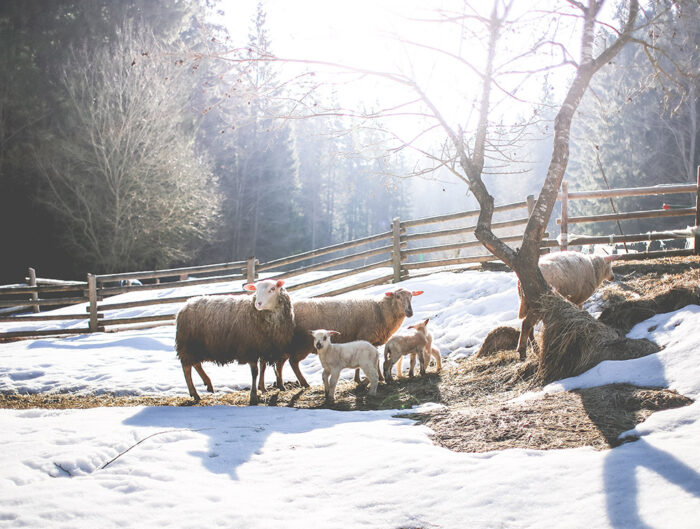Siblings play a significant role in the lives of children, especially those growing up with a sibling with special needs. While this dynamic can present unique challenges, it also offers opportunities for growth, empathy, and connection. As an autism sibling and advocate, I’ve experienced these dynamics firsthand with my sister Angie. In this blog, I’ll share personal stories and practical strategies for fostering positive sibling relationships and creating a nurturing environment for everyone in the family.
Growing up with Angie taught me the intricacies of sibling dynamics when special needs are involved. There were days filled with joy and moments of frustration. It’s essential to acknowledge and validate these feelings while providing support and guidance along the way. Siblings might experience a range of emotions, from love and compassion to frustration and resentment. Recognizing these emotions is the first step in fostering a supportive environment.
One of the most powerful ways to empower siblings is by fostering empathy and understanding. Encourage open communication and create a safe space where siblings can express their thoughts and feelings without judgment.
I remember a particular day when Angie had a meltdown in the middle of the mall. My initial reaction was frustration. In a split second, I saw how Angie fell to the floor, started to bang her head on the ground and my dad immediately went under her to protect her from harming herself. To me, it looked like dad was helping Angie. To others and the mall security that was coming up to us, it looked like child abuse. I remember the faces on people surrounding us and I froze. Watching them shake their head in disbelief of what they saw and my dad telling security that Angie has autism. That Angie gets sensory overload and he needs to protect her from harming herself. No one understood. It was in experiences like these where I felt helpless, scared and overwhelmed that I dedicated my life to attending Angie’s therapy sessions to understand her. These experiences of struggle, turn into moments of opportunity and ultimately, are the foundational building blocks among siblings to foster compassion, advocacy and understanding.
Inclusion is key to strengthening sibling relationships and fostering a sense of belonging. Encourage siblings to participate in activities together, both at home and in the community. Create opportunities for collaboration and teamwork, where siblings can support and learn from each other.
Angie and I didn’t always bond over simple activities like drawing or playing dress up like “normal” sisters do. Our play looked more like, we were in the same room doing our own thing. She would draw, play tea party and I would play nintendo 64. I’d sit there and just watch her. Sometimes I’d try to engage, but she would shove me out of the way. It was difficult feeling like you were wanted, but Angie’s therapists told me that Angie was just in her zone of self exploration. So, I sat there and played my games while observing the ways she connected to herself through play. These shared moments not only strengthened our bond but also helped me understand her unique ways of communicating and interacting.
Siblings may need additional support and resources to navigate their unique role within the family. Consider connecting them with peer support groups, online forums, or counseling services where they can connect with other siblings facing similar challenges. Provide age-appropriate information and resources to help them better understand their sibling’s diagnosis and how they can support them.
As a child, I found community in meeting other siblings of children with special needs. Sharing experiences and learning from each other provided a sense of community and understanding. Support groups and counseling can be invaluable in helping siblings cope and thrive. This didn’t happen until my teenage years serving as the Best Buddies high school chapter president, connecting with other presidents in different schools. Most of us were siblings to brothers and sisters with special needs. I found community in volunteering for a non-profit focused on serving students with special needs. It’s the number one advice I give to families that struggle with empowering sibling bonds, have your children volunteer to help another student with special needs that is not their sibling. Why? For perspective.
Celebrate the achievements and milestones of all siblings, both big and small. Recognize their individual strengths and talents, and encourage them to pursue their interests and goals. By acknowledging their contributions and accomplishments, you help build confidence and self-esteem in siblings.
One of my proudest moments was seeing Angie participate in a school play. We celebrated her achievement as a family, and it strengthened our bond. Similarly, acknowledging my efforts in supporting Angie boosted my confidence and reinforced the importance of my role in the family.
A nurturing environment is essential for fostering positive sibling dynamics. Set clear expectations for behavior and communication within the family, and model empathy and respect in your interactions. Create opportunities for quality time together as a family, where siblings can bond and create lasting memories.
Family game nights, weekend outings, and shared hobbies are great ways to nurture these relationships. These activities foster a sense of unity and create lasting memories. There are amazing Autism moms forming support groups and community outings. I personally know of a few, so if you’re looking for that community, DM me on instagram or facebook!
Empowering siblings is essential for building strong, supportive families. By fostering empathy, promoting inclusion, providing support, and creating a nurturing environment, you can help siblings navigate their unique role with confidence and resilience. Remember, sibling relationships are a valuable source of support and connection, enriching the lives of everyone in the family.
For more insights and resources on supporting autism families, follow our journey on the podcast “Beyond the Diagnosis with Natalie Castro” and sign up for our newsletter. Join our community dedicated to empowering and supporting every family member.








